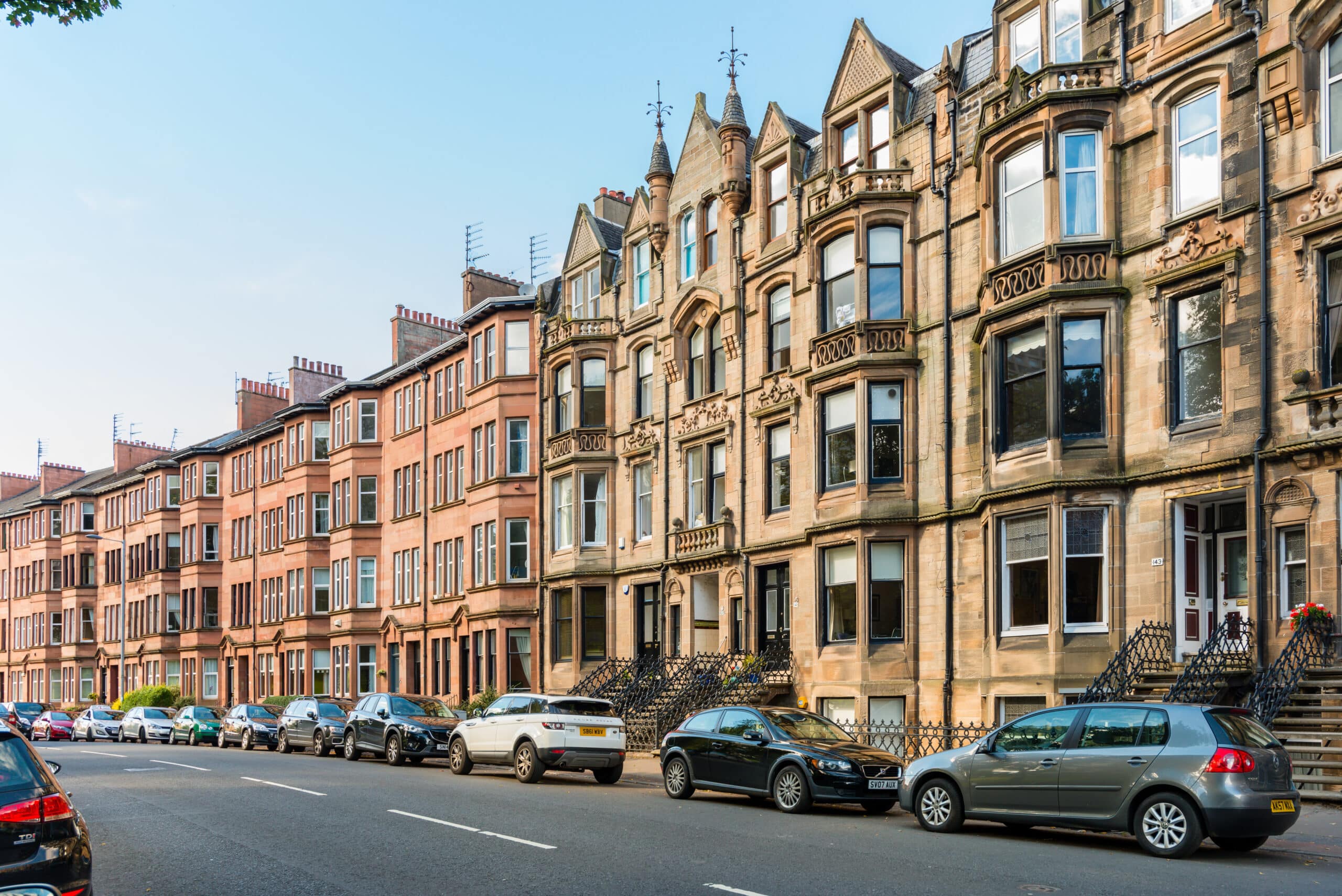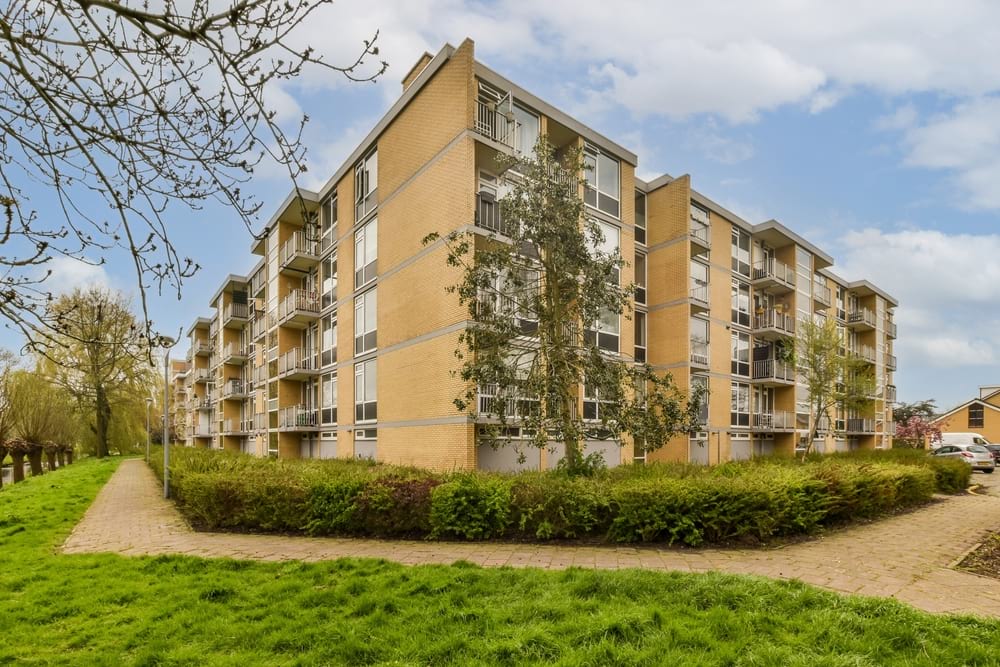Different types of properties have different advantages and disadvantages.
This applies to when living in them and when selling them.
In this blog, we’ll explore the main differences between selling a flat and a house.
Is it hard to sell a flat?
Flats generally take longer to sell than houses.
This is despite being more affordable and appealing to first-time buyers and investors.
Selling a flat can also come with unique challenges, such as:
- The need for consent from the freeholder
- Restrictions on alterations from the lease
- Noise from neighbours
- Service changes
- Cladding issues.
These things won’t always deter sales. But they need more communication and paperwork than houses.
Do flats sell for more or less money?
Whether a flat sells for more or less than a house depends:
- What type of flat it is
- It’s location
- Local and national market conditions.
There is no general rule that flats sell for higher prices per square foot.
In some locations, flats can sometimes sell for the same – or more than – the equivalent-sized house.
This is often true in city centres. Because of proximity to amenities, lower maintenance, and higher security.
But houses elsewhere achieve higher sales prices than flats pound for pound. There is often more demand for homes in suburban and rural locations.
Do I need to communicate with the freeholder?
If you own a leasehold flat, you need consent from the freeholder to assign the lease to the new owner will.
So, you must communicate with the freeholder during the sales process.
The freeholder cannot withhold this consent.
But they may charge a small admin fee for granting it. They may also want to check the buyer before approving the sale.
You should contact the freeholder for consent once an offer on your flat is accepted.
This can take 1-2 weeks to receive, so it’s best to request it early so it doesn’t cause delays.
You’ll also need to supply paperwork to your conveyancer on:
- The terms of your lease
- Service changes
- Major works
- And more.
Your buyer’s mortgage provider may want to see this documentation, too.
Do some estate agents specialise in selling flats?
Some estate agents do choose to specialise in specific property types like flats.
These agents focus on markets where flats are a large share of housing stock.
Specialist flat-selling agents have experience with the extra steps and paperwork.
They also build connections with developers, freeholders and resident associations. So, they offer valuable insight that more generalist agents may lack.
Agents focusing on flats often have better access to targeted marketing channels. They may:
- Advertise in areas popular with investors
- Use flat-specific property portals
- Connect with registered house builders.
How prevalent are flats in the UK?
Flats are a relatively new phenomena in Britain. The first block of flats was only built in 1951.
Today, they are increasingly popular.
Statistics show that flats comprise over one-fifth of homes across England and Wales. And around 55% of London households are flats.
Flats provide affordable, flexible and practical housing for modern needs.
New developments also focus only on apartments to efficiently use limited land availability.
So, the proportion of flats versus houses continues rising yearly as construction accelerates.
First-time buyers often view flats as the only affordable option. And buy-to-let investors favour flats for their rental potential and easy maintenance.
Can I sell my flat to a cash house buyer?
Selling your flat to a cash buyer speeds up the sales process.
Cash buyers have funds available to buy properties. They don’t need a mortgage, which removes one of the main reasons deals fall through.
Cash buyers interested in flats include:
- Individual landlords expanding their portfolio
- Developers planning refurbishments or conversions
- Investors upgrading facilities for better rental yields
- First-time buyers with help from parents
- Downsizers using equity from their current home
The benefit of selling to a cash buyer is certainty. Once they make an offer, there is little risk of delays or withdrawal before completion.



















